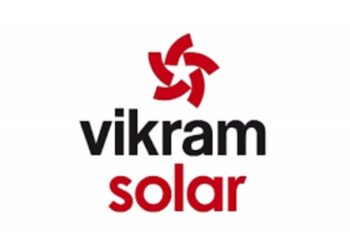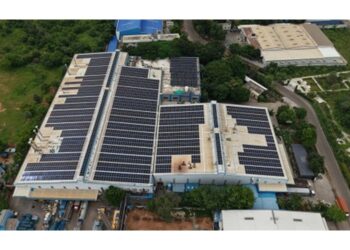The Tamil Nadu Electricity Regulatory Commission (TNERC) has released comprehensive draft guidelines to manage the curtailment of wind and solar power generation in the state. The move comes amid increasing renewable capacity and aims to balance grid stability with maximum clean energy utilisation.
The draft guidelines classify curtailment situations into grid security and operational categories. Grid security refers to maintaining crucial parameters like frequency and transmission line loading within permissible limits. Curtailment may be ordered if these parameters deteriorate beyond specified thresholds, endangering grid safety and reliability.
On the operational side, curtailment may occur due to factors like transmission congestion, low demand periods coinciding with high renewable generation, and state under-drawal beyond volume limits allowed by central regulators.
The guidelines provide detailed curtailment protocols for scenarios like high grid frequency, congestion on specific transmission lines, and state under-drawal exceeding 200 MW. Measures like reducing conventional generation, operating pumped hydro storage in pump mode, and finally curtailing renewables will be taken to correct parameters.
Solar and wind generators will receive compensation for generation losses from curtailment unrelated to grid security, with distribution companies bearing the cost. Compensation calculations are outlined for wind, solar and hybrid projects based on CUF, average generation and PPA tariffs.
The draft specifies communication protocols for curtailment instructions and places compliance responsibility on renewable generators and qualified coordinating agencies. Non-compliance can lead to grid disconnection and penalties.
It delineates the roles of state load dispatch centers, transmission companies, distribution licensees and renewable generators in managing curtailment. Enhanced forecasting, scheduling and real-time generation data availability will aid the process.
The TNERC has invited feedback from stakeholders on the draft procedures by February 29, 2024.












